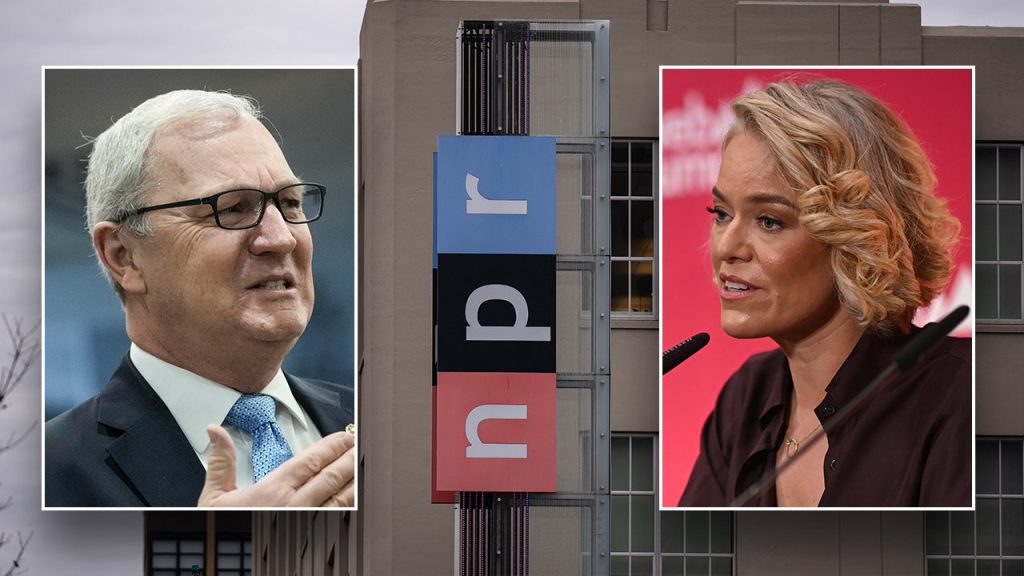National Public Radio (NPR) chief Katherine Maher met with Republican senator Kevin Cramer in response to allegations of bias within the organization. Cramer had led a letter signed by other Republican senators expressing concerns about NPR’s direction and leadership. Former senior editor Uri Berliner had accused NPR of bias, claiming to have found 87 Democrats and zero Republicans in editorial positions at NPR’s headquarters. He also criticized editorial decisions on coverage of topics such as Trump’s collusion with Russia, Hunter Biden’s laptop, and the origins of COVID-19.
The fallout from Berliner’s scathing essay led to threats from Republicans to review funding for NPR through the Corporation for Public Broadcasting (CPB). In response, Maher emphasized NPR’s efforts to provide more balanced and fair journalism during her meeting with Cramer. NPR’s acting chief content officer, Edith Chapin, announced the implementation of a new layer of editorial review called “the backstop.” This process will ensure that all journalism across NPR platforms receives a final editorial review before being aired or published, with a group of senior-level editors overseeing the process.
Cramer expressed appreciation for the purpose of the new editorial review layer but raised concerns about the potential bias of the editors involved. He emphasized the importance of having a diverse group of editors to increase oversight and prevent validation of bias within NPR’s coverage. Despite Maher facing criticism for her own political views and support for President Biden, Cramer focused on discussing ways to improve NPR’s newsroom during their meeting. He mentioned that defunding NPR is always an option, depending on the organization’s response to concerns about bias.
Despite NPR’s efforts to address concerns and improve editorial operations, Cramer indicated that defunding NPR remains a possibility. He suggested that he could be convinced not to fund public radio, depending on the actions taken by NPR to address bias and ensure balanced and fair journalism. The controversy surrounding NPR and allegations of bias highlight the ongoing challenges faced by media organizations in maintaining objectivity and credibility in their reporting. It remains to be seen how NPR will navigate these issues and regain the trust of both its audience and stakeholders in the future.













